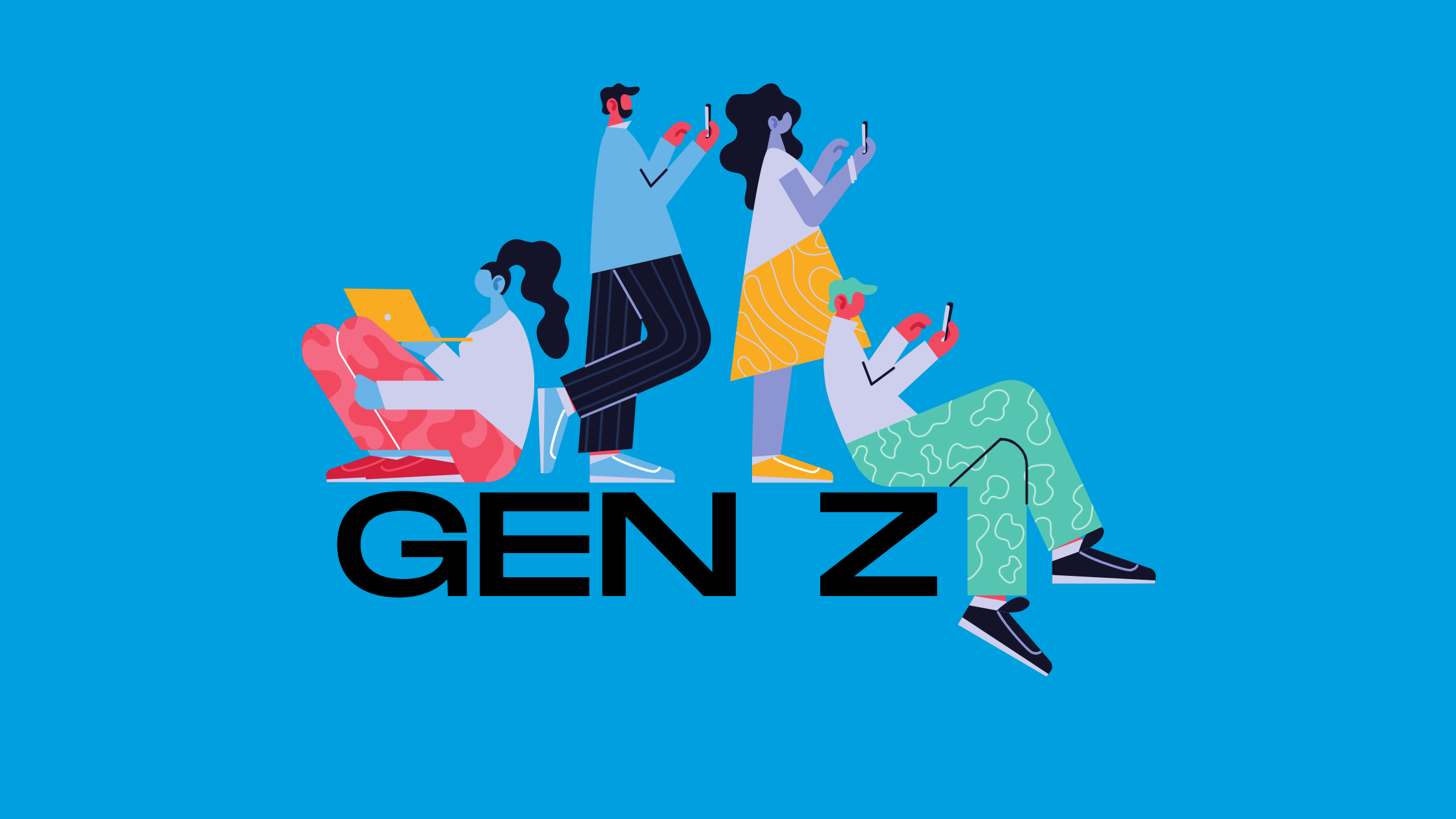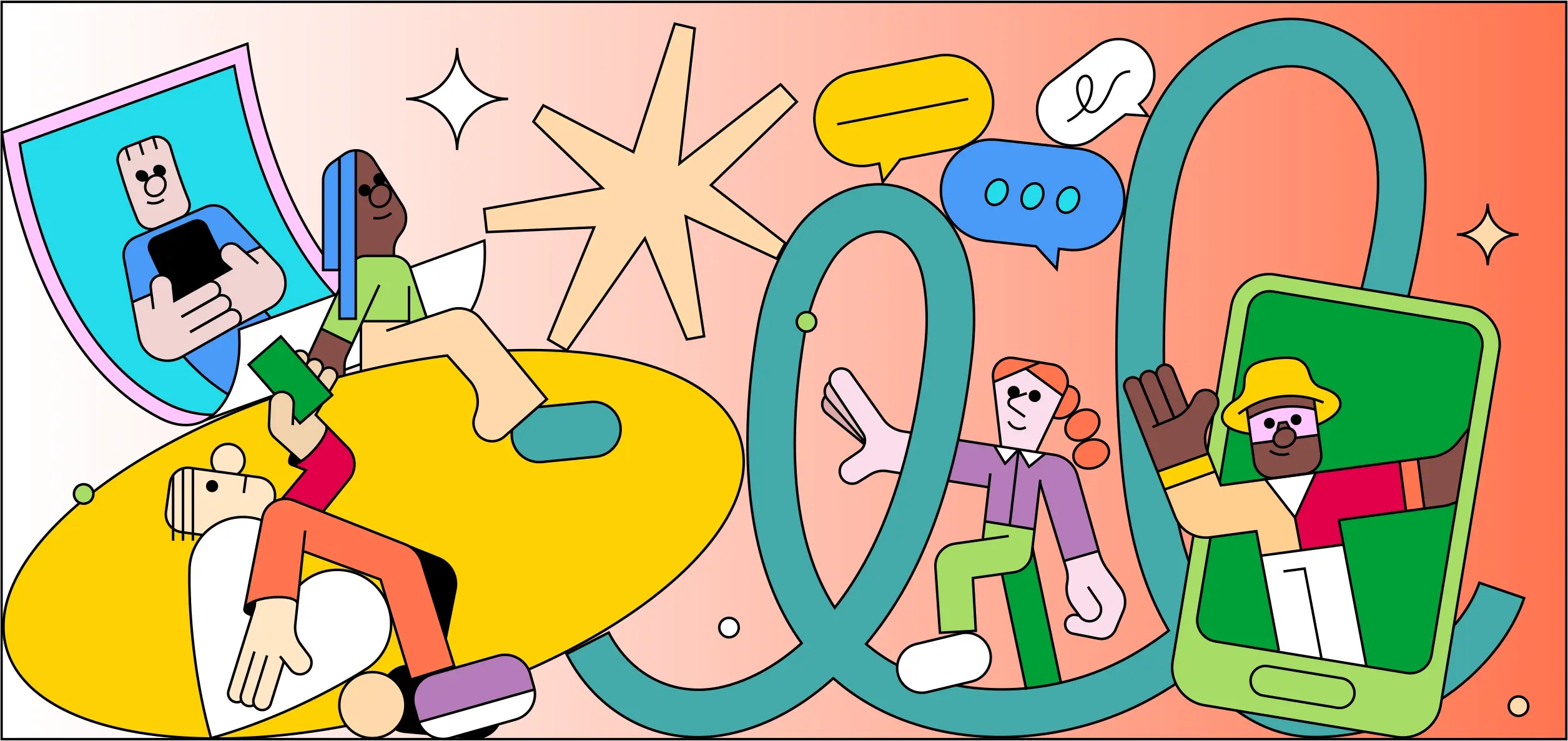
In recent years, the term "lazy" has often been associated with Generation Z, the cohort born roughly between 1997 and 2012. This perception raises questions about work ethic, motivation, and lifestyle choices. However, labeling an entire generation as lazy overlooks the complexities of their circumstances and the world they inhabit.
The Changing Landscape of Work
One of the most significant factors contributing to the perception of laziness among Gen Z is the changing nature of work itself. Unlike previous generations, who often adhered to traditional 9-to-5 jobs, Gen Z is exploring a gig economy that emphasizes flexibility and remote work. This shift means that many young people prioritize work-life balance over long hours in an office.
Emphasis on Mental Health
Mental health awareness has surged in recent years, and Gen Z is at the forefront of this movement. They are more open about discussing mental health issues and prioritizing self-care. While some may interpret this focus as laziness, it reflects a deeper understanding of well-being. Gen Z recognizes that burnout can lead to decreased productivity and overall dissatisfaction, prompting them to seek balance rather than simply working harder.
Different Values and Priorities
Gen Z values authenticity, purpose, and social impact. They are more likely to choose jobs that align with their personal values rather than those that offer the highest salary. This shift can be perceived as a lack of ambition or drive, but it often stems from a desire for meaningful work. Many members of this generation are willing to forgo traditional career paths in favor of opportunities that resonate with their beliefs.
The Impact of Technology
Technology plays a crucial role in moulding Gen Z's lifestyle and work habits. Growing up with smartphones and social media has influenced how they communicate, learn, and engage with the world. While some may view their reliance on technology as laziness, it's essential to recognize that these tools offer new ways to connect and collaborate.
Instant Gratification
The digital age has created an environment where instant gratification is the norm. With information at their fingertips, Gen Z has grown accustomed to quick solutions and immediate feedback. This can sometimes lead to impatience or a reluctance to engage in tasks that require prolonged effort. .
Remote Work Culture
The COVID-19 pandemic accelerated the shift toward remote work, which many Gen Z workers have embraced. While remote work offers flexibility, it can blur the lines between personal and professional life. Some may interpret a preference for remote or hybrid work as laziness; however, it often reflects a desire for autonomy and a more personalized work environment.
Economic Challenges
Gen Z faces unique economic challenges that previous generations did not encounter at the same scale. Rising student debt, housing costs, and job market instability have created an environment where traditional pathways to success are less accessible.
Financial Pressures
Many young people are burdened by student loans and high living expenses. This financial pressure can lead to feelings of hopelessness or frustration when job opportunities seem limited or unfulfilling. As a result, some may choose to take on gig work or freelance opportunities rather than pursuing traditional careers—choices that can be misinterpreted as laziness.
Job Market Realities
The job market has changed dramatically in recent years, with many entry-level positions requiring extensive experience or qualifications. This paradox can leave Gen Z feeling disillusioned about their prospects. Instead of pursuing jobs that do not align with their skills or interests, they may opt for alternative paths that allow for greater flexibility.
Social Media Influence

Social media plays a significant role in shaping perceptions about Gen Z's behavior. Platforms like TikTok and Instagram showcase snippets of life that can create unrealistic expectations about productivity and success.
Comparison Culture
The constant comparison fostered by social media can lead to feelings of inadequacy among young people. When they see peers achieving milestones or engaging in seemingly productive activities, it can create pressure to conform to those standards. This pressure may result in burnout or disengagement from traditional forms of productivity.
Highlighting Work-Life Balance
On the flip side, social media also allows Gen Z to promote discussions around mental health and work-life balance. Many influencers advocate for taking breaks, setting boundaries, and prioritizing self-care—messages that resonate deeply with this generation's values.
Generation Z as lazy oversimplifies a complex reality shaped by economic pressures, technological advancements, changing values, and mental health awareness. While their approach to work may differ from previous generations, it reflects a broader understanding of what productivity means in today's world.
Instead of viewing Gen Z through a lens of laziness, it's essential to recognize their resilience and adaptability in navigating an ever-changing landscape. By embracing new definitions of success—ones that prioritize well-being alongside achievement—we can foster a more inclusive understanding of what it means to be productive in the modern age.
